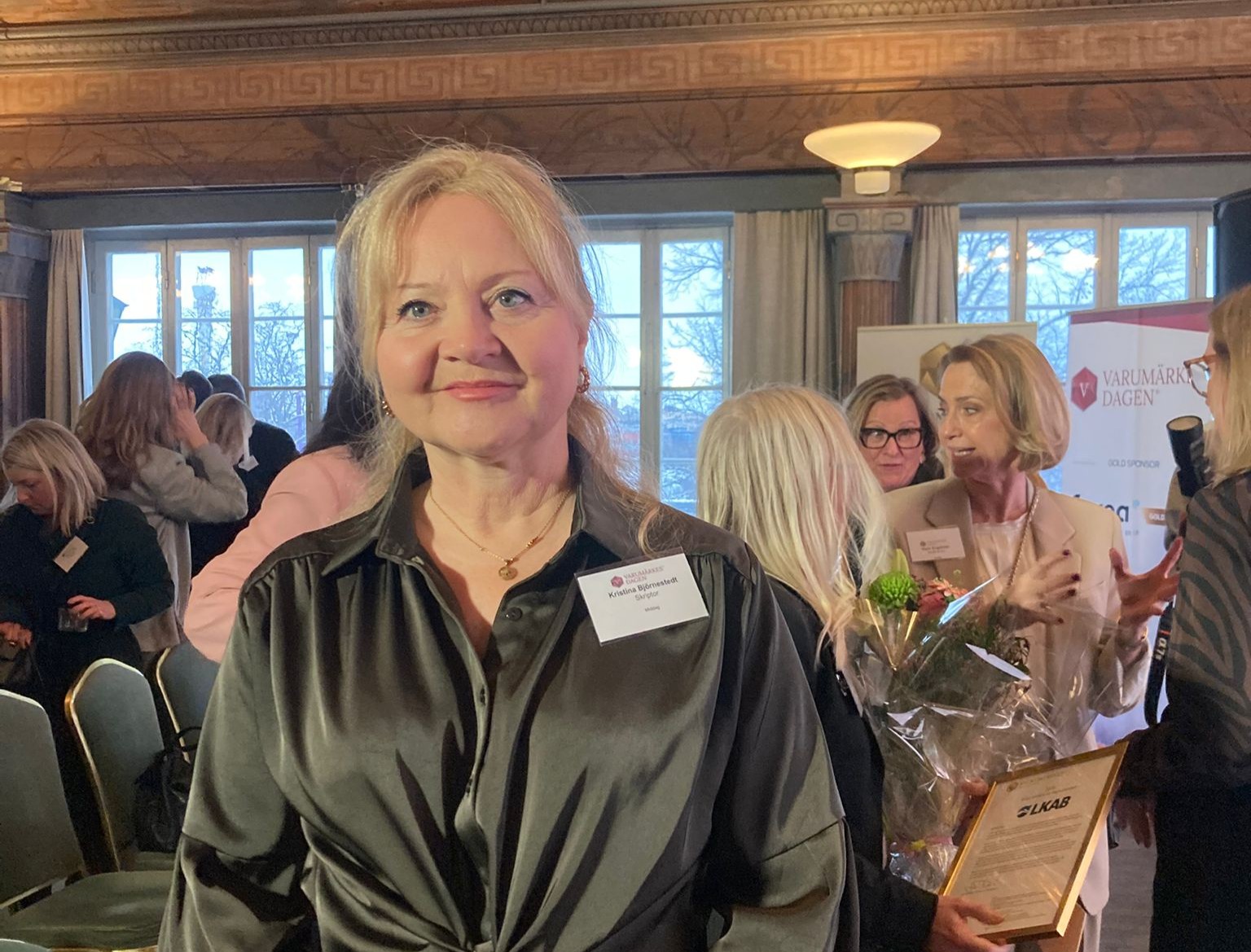In each project, potential brands and product names have to go through thorough linguistic reviews to make sure that they resonate in their target regions. To give some insight into how this process unfolds, we've spoken to two of the experts who work with us. Take a look at the article to learn more about their work and how they found their way to this fascinating field!
Carolina, Professor of Linguistics at the University of Extremadura
Carolina has always been captivated by languages. Her early interest in literature and language studies grew into a passion for understanding how languages work, leading her to study Spanish, English, Latin and Greek before completing a degree in English Philology. An inspiring lecturer introduced her to Linguistics, and she later became particularly interested in how language and society interact. This focus shaped her work in Sociolinguistics and Pragmatics, areas she now teaches and researches as a professor at the University of Extremadura.
When evaluating a name, what do you look for to ensure it works well in your language, region, or in Spanish in general?
I watch out for potential semantic or pronunciation problems, i.e. I try to point out reasons why a specific word or concept would not work in the Spanish-speaking world; sometimes this is because of associations, connotations or meanings in the language, or in a particular region. I also take into account the specific group of speakers the name is aimed at, so if I anticipate misunderstanding, undesirable associations, or any other potential difficulties for those speakers, I point that out in my evaluation. I look for options that I think are going to be well received and effective in the Spanish-speaking contexts that I inform about.
What’s the most interesting linguistic challenge you’ve encountered when reviewing names?
For me, personally, the most challenging thing sometimes is to remember to ‘think in Spanish’. With globalization and the increase of mobility, the world is changing fast, and when you are exposed to different languages you sometimes normalize what is more ‘international’ and forget about the ‘local’. For that reason, it is good to be able to take a step back sometimes and look at the context more broadly, as well as to have the ability to zoom into detail.
In your opinion, what makes a name universally appealing?
I tend to focus on how the word sounds, how it is perceived acoustically but also visually. Apart from what a name may convey, or what we associate it with, we react more positively to names that are easy to parse, or to names that are memorable. A lot of what works or doesn’t work, evidently, will depend largely on the purpose behind the name, and on how well we are able to capture what the name is meant to transmit. Linguistic Reviews allow us to test how different speakers react to a name, and a lot of that depends on the profile of the speaker, their age, their background, etc.
Spanish is one of the most widely spoken languages in the world, what differences do you notice between general perceptions of the language and your experience living in your region?
I was born in Spain, so my experience of the language and the culture is as an insider; but having lived and taught Spanish abroad, I was always happy to observe the positive vive it transmits. People get great satisfaction from learning the language and they love the culture. It is interesting, because Spanish is perceived as an easy language to learn (which it is, at least at ab initio level), but it is a very rich language, so it actually becomes a bit more complex at more advanced levels. It is still great fun to learn, of course, and I love the fact that speaking it opens doors to an incredibly rich cultural heritage and to a way of seeing the world and interacting with people that is friendly and warm.
Mike, Linguistic and Branding Coordinator for the US Market
Mike’s path into languages was anything but straightforward. After struggling with foreign language requirements throughout school, he reached university ready to give up on French and Latin altogether. A Middle Eastern history course changed that trajectory, inspiring him to try Arabic, which he quickly came to love for its logical structure, phonetic script, and rich historical depth. This discovery opened the door to a wider fascination with Semitic languages, their ancient corpora, and their distinctive writing systems. Today, as an archaeologist who frequently works in new countries, Mike still finds language learning challenging, but the linguistic structures and scripts he encounters continue to captivate him and shape his research.
When evaluating a name, what do you look for to ensure it works well in your language, region, or in American English in general?
The first thing I tend to evaluate is any phonetic similarity to existing terms or concepts, as those will jump out right away and can quickly let the target audience know what the product or company is trying to communicate. I also like to make sure that the sound is easy to grasp in both reading and hearing, and that it’s straightforward to pronounce in English–for Americans, at least, if they can’t say it, they won’t buy it. I then consider any micro-elements that may influence the name’s reception and, finally, I think of the overall character that the name exudes.
What’s the most interesting linguistic challenge you’ve encountered when reviewing names?
I suppose it’s accounting for my own biases; sometimes that means I have to consider that I’ve lived outside of the US for the last decade and have spent time working in parts of Asia and Africa for the last two, exposing me to language groups and linguistic elements–as well as commercial concepts–that most Americans don’t hear very often. Also, as an academic, our vocabulary is a little bit different and so I always have to keep in mind the variance in lived experiences. But this is true across so much of the US as well–it’s a big place with many cultures, accents, sub-dialects, and experiential differences. It’s hard to imagine what a name will mean for different groups across such a heterogeneous population.
In your opinion, what makes a name universally appealing?
Its overall character, which some may call ‘vibe’, which includes its pronunciation and internal semantic and phonetic elements but should be immediately visceral to grasp. Typically the names that I think will have the most universal appeal will simply “sound good”.
American English is broadly familiar through the media, what differences do you notice between general perceptions of the language and your experience living in your region?
I think that one of the strengths of American English as a global language is its flexibility and casual nature, which is certainly, in some ways, a reflection of the American people. Anyone can speak (American) English nearly any way they like and be understood and accepted as an English speaker, which gives it not only ease of transmission, but also rich variability. However, there is a lot of formal depth to the language as well, which lends itself to beautifully poetic, literary, and even scientific written and oratory styles.
Thank you to Carolina and Mike for participating in this interview!















.svg)
